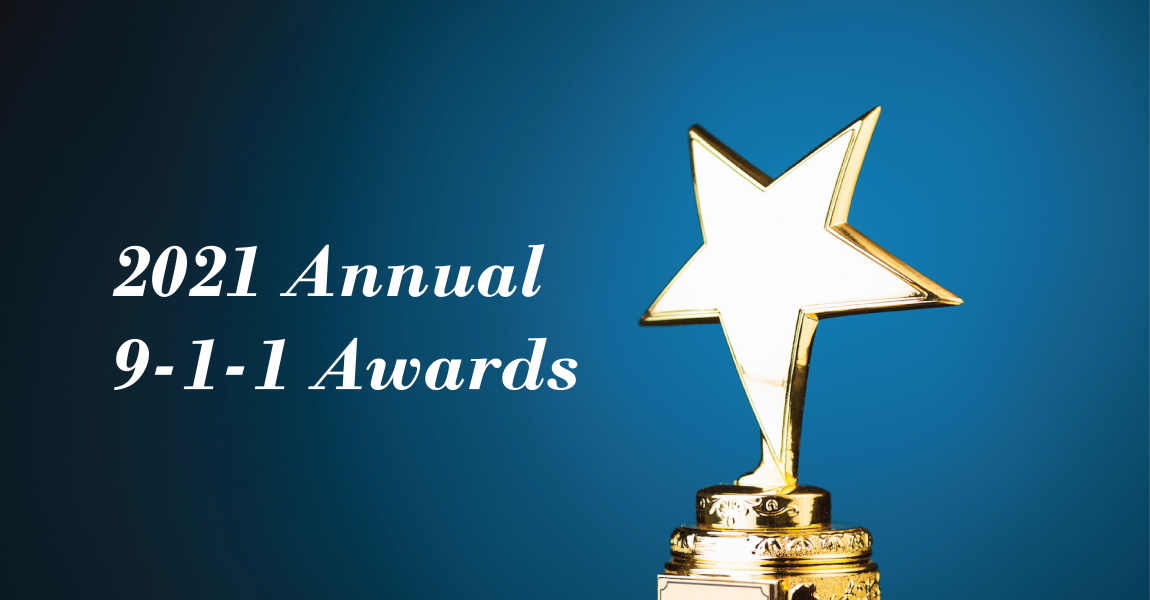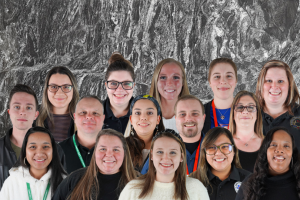Winners of the 2021 Annual 9-1-1 Awards
The North Central Texas Emergency Communications Districts (NCT9-1-1) has announced the 2021 winners of the Annual 9-1-1 Awards. These awards are presented to individuals or groups who show an outstanding commitment to the 9-1-1 industry. We are proud to have so many dedicated professionals working with us to help save lives every day. The nominees are submitted by their Public Safety Answering Point (PSAP) supervisor or manager and the winners are selected by a majority vote from the supervisors, managers, and NCT9-1-1 staff. The agency of the year, however, is determined by the NCT9-1-1 staff. Congratulations to the award winners!
9-1-1 Telecommunicator of the Year – Ricky Huff, Springtown Police Department
The Telecommunicator of the Year is categorized as an individual who takes command and makes independent decisions relating to the proper emergency response. This individual thinks and responds quickly as the emergency situation dictates while addressing the needs and concerns of the caller.
9-1-1 Agency of the Year – Frisco Police Department
The Agency of the Year is handpicked by the NCT9-1-1 staff for demonstrating a superior commitment to furthering 9-1-1 in North Texas.
9-1-1 Team of the Year – McKinney Police Department
The Team of the Year are a group of two or more individuals who worked well together when handling a call. The individuals on the Team of the Year included:
- Supervisor: Randi Wiggins Beard
- Aaron Roberts
- Amanda Hammer
- Ashley Beckle
- Ashely Cooper
- Emilee Powell
- Gwen Smith
- Mallory Ransom
- Taryn Gray
9-1-1 Supervisor of the Year – Holly Bicknell and Valerie Hughes, Cleburne Police Department
The Supervisor of the Year demonstrates a positive and professional attitude toward all aspects of his or her roles and responsibilities. He or she is familiar with all operations and functions expected of subordinates and demonstrates that knowledge on a regular basis while monitoring staff performance. He or she creates plans and objectives and offers praise or corrections to staff when needed.
9-1-1 Training Professional of the Year – Caylin Milligan and Chelsea Dyer, Corsicana Police Department
The Training Professional of the Year uses their creativity, initiative, and diligence consistently while assisting callers or coworkers. He or she is knowledgeable of policy and procedure and reliable when informing others.
9-1-1 TDD/TTY Above and Beyond Award – Corsicana Police Department
The TDD/TTY Above and Beyond Award is given to the PSAP that had the most TDD/TTY calls and demonstrated a commitment to serving the Deaf and Hard of Hearing communities.




